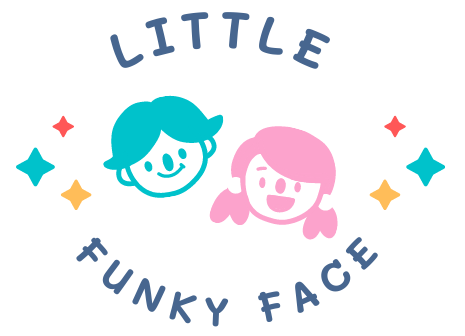Transcranial Magnetic Stimulation or TMS is a non-invasive and safe procedure used as a treatment for certain neurological and mental health conditions like depression, anxiety, and post-traumatic stress disorder (PTSD). It involves the use of magnetic fields to stimulate specific regions of the brain. TMS has been found to be an effective treatment for several conditions that do not respond to other forms of treatment. If you are considering TMS as a treatment option, it is important to know what to expect. Here is all you need to know about Transcranial Magnetic Stimulation near me.
1. What is TMS and how does it work?
TMS uses electromagnetic induction to stimulate specific regions of the brain. This stimulation helps to improve the symptoms of certain neurological and mental health conditions. The TMS device sends magnetic pulses through a coil placed near the scalp, creating temporary changes in the activity of certain brain regions.
2. When is TMS recommended?
TMS is usually recommended for individuals who have not responded to other forms of treatment for their mental health or neurological condition. It is recommended for people with depression, anxiety, PTSD, OCD (obsessive-compulsive disorder), and neurological conditions like tinnitus and migraine. TMS is also recommended as an alternative treatment for people who cannot tolerate the side effects of medications.
3. How is TMS administered?
TMS is administered in a doctor’s office or clinic. The patient remains awake during the procedure and can relax in a comfortable chair during the session. The treatment consists of daily sessions, typically five days a week for several weeks, with each session lasting about 30 minutes. The course of treatment can vary depending on the severity and duration of the condition.
4. What are the side effects of TMS?
TMS is a safe and well-tolerated procedure. Unlike medications, TMS has no systemic side effects and rarely causes any discomfort during the procedure. In rare cases, some patients may experience mild side effects, including scalp discomfort, headache, and dizziness. These side effects usually subside within a few hours after the procedure.
5. How effective is TMS?
TMS has been found to be an effective treatment for several mental health and neurological conditions. It has been shown to alleviate symptoms of depression, anxiety, and OCD in many patients. TMS is also effective in treating tinnitus and migraine. The success of TMS treatment can vary from patient to patient based on several factors, such as the nature and duration of the condition, patient’s sensitivity to stimulation, and their overall health condition.
Conclusion:
Transcranial Magnetic Stimulation is a non-invasive and safe treatment option for many neurological and mental health conditions. It is recommended for people who have not responded well to other treatment options and for those who cannot tolerate the side effects of medications. TMS is administered in a doctor’s office or clinic, and the side effects are mild and temporary. If you are considering TMS as a treatment option, consult with your healthcare provider to see if it is a good fit for you.
